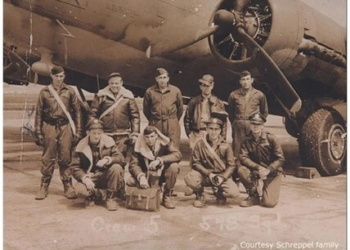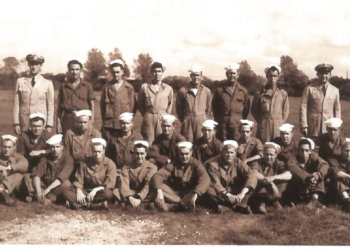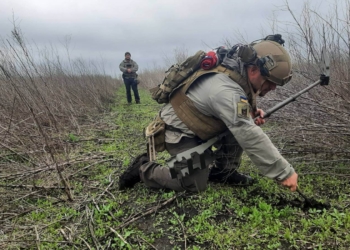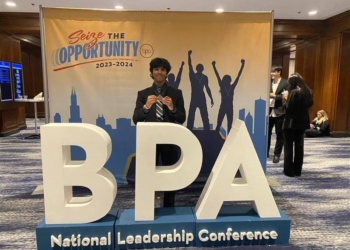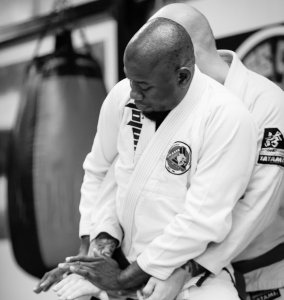
The windows of Element Academy of Jiu-Jitsu fog with sweat each night as athletes of all ages and backgrounds roll and grapple across a black gym mat, practicing traditional Brazilian jiujitsu moves like heel hooks, armbars and rear naked chokes.
The martial arts gym in Virginia Beach — the city with the second-largest veteran population in the country — is owned and run by a Marine veteran. Professor Mackens Semezier, a former UFC competitor, coaches a diverse population of youth, recreational and amateur martial arts practitioners, including many from the local military community. Pilots roll with surface warfare officers; coasties with airmen, and sailors with soldiers. But, they all wear the same uniform here, a gi — the traditional pants and jacket set held closed with a belt.
Semezier served as company squad leader for the Fleet Anti-Terrorism Security Team and forward observer for Operation Iraqi Freedom. After eight years, he was honorably discharged at the rank of sergeant and transitioned into professional mixed martial arts, fighting his way into the UFC octagon. There, he earned an MMA world ranking in the featherweight division, a World Extreme Cagefighting Submission of the Night and a UFC Fight of the Night.
Today, Semezier is a second-degree black belt in Brazilian jiujitsu; teaches weapons classes, combative courses and security training at Joint Expeditionary Base–Little Creek and NAS Oceana at Dam Neck, Virginia Beach; and coaches recreational and amateur fighters.
The UFC alumnus credits martial arts with keeping his mind sharp and his energy for life high, in addition to helping him be a good role model for his children and mentor to recreational and amateur fighters in his community, many of whom are active duty, reservists or veterans.
“In its purest form,” Semezier said, “Jiujitsu is unarmed combat.”
RELATED: Military endurance group connects like-minded athletes
But he also believes it can help fill the camaraderie void that service members may experience after separating from the military and mimic the experiences of combat in a safe and controlled environment.
“I am continuously putting myself in some type of danger,” he explained. “It may be controlled danger, but it spikes my testosterone and mental stimulation. It’s a constant up and down.”
He’s describing the fighter’s high — that rush of feel-good chemicals that comes from an all-encompassing physical experience.
Semezier added, “I think when people don’t have that [outlet], they go to extremes to try to fill that gap with some type of dangerous living — driving too fast, drinking too much, hanging out with the wrong people.”
Combat sports can also offer a community, sense of purpose and structure for veterans experiencing emotional upheaval while they transition to civilian life.
But even before that transition, many active-duty service members in the Hampton Roads area spend their free time practicing martial arts. Navy Seaman Lizandro Campos, who practices jiujitsu under Semezier’s coaching, also trains in muay thai (traditional Thai boxing) at the House of Muay Thai in Norfolk, Virginia. As a young seaman in a new city, Campos said defending himself was always in the back of his mind, but it’s also been a stabilizing force as he navigates his early years of service.
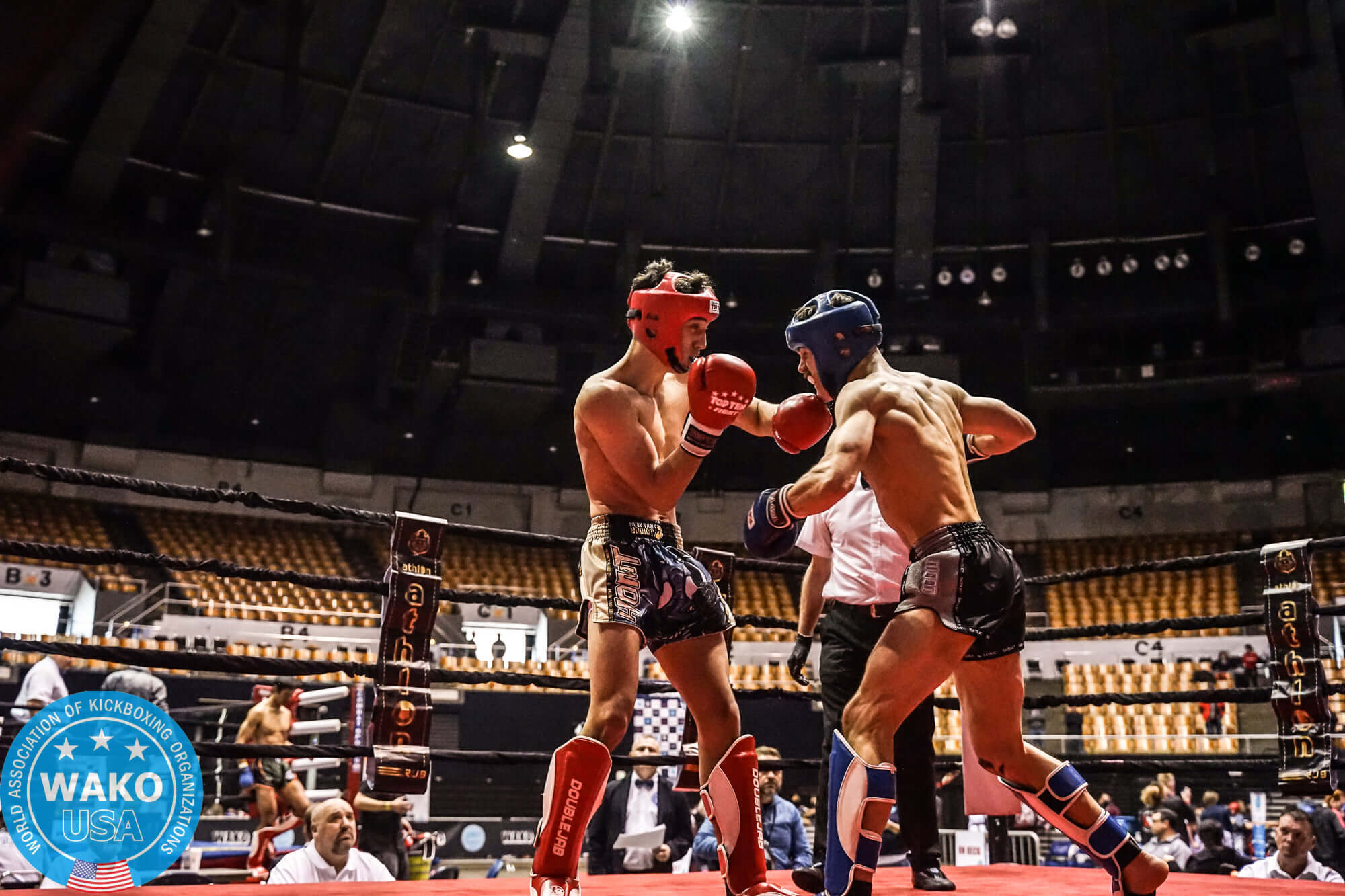
“It keeps me out of trouble,” he joked.
In the past year, Campos moved from recreational to amateur fighting and holds a 3-1 record in muay thai.
“I love how exciting it is and how deeply rooted it is in Thai culture.”
His gym preaches a Thai mentality known as sabai, a sense of deep relaxation, contentment and stress-free living that, at first glance, seems at odds with the violence of combat sports. The closest English translation might be “everything’s chill” or “keep things simple.” The practice of muay thai is both a physical and mental pursuit, promoting clear thinking, decreased stress levels and improved overall wellness.
Martial arts empowered Campos, one of three service members on the House of Muay Thai’s amateur fighter team, to develop a strong sense of discipline early in his life and career. He said he’s noticed “something special” about muay thai that attracts service members and that he’s found a “super respectful community.”
Semezier said the appeal of martial arts comes down to this:
“It’s one of those things that gives people an opportunity to have confidence, to walk with their head up in all spaces.”
Read comments

















